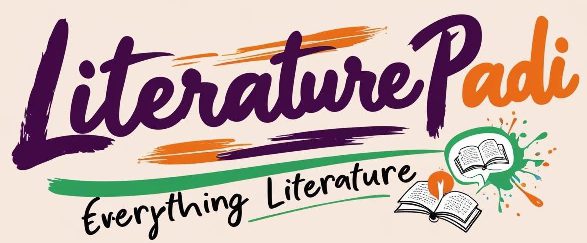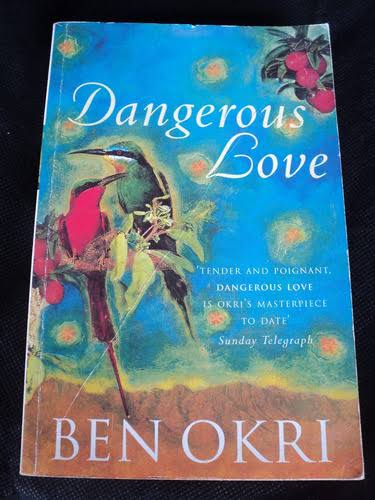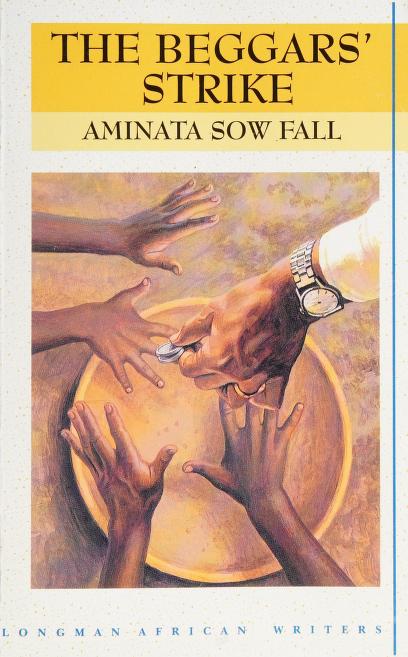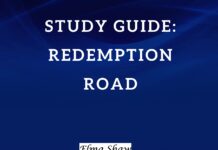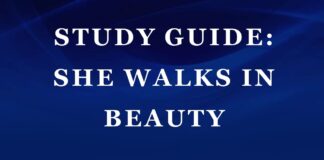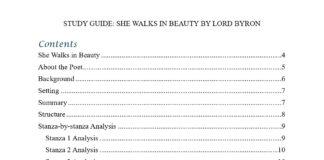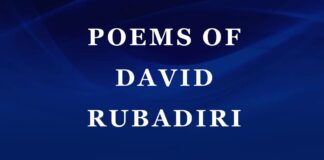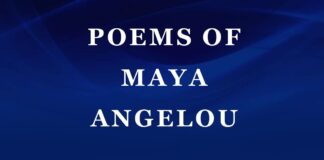Quality UTME Lessons for Art Students
Individual and group classes • Student-friendly rates
📞 Contact Ayomiposi on WhatsApp now
Back in December, 2020, I had just finished reading Ngugi wa Thiong’o’s Devil on the Cross (what would have been my last read for the year) when El-kanah, a friend and course mate, brought my attention to Ben Okri’s Dangerous Love. Ben Okri is a well-known writer and only the year before, I had read another book of his, The Famished Road which won the Man Booker Prize.
Ben Okri is regarded as one of the two leading lights of the third generation of Nigerian writers — the other being Chimamanda Ngozi Adichie. His style of writing has also been compared to the likes of Salman Rushdie and Gabriel García Márquez.
There is something about The Famished Road that I still can’t place. Maybe it’s the emotive appeal of the child-narrator; the rottenness of the society; the plights of the downtrodden; the wicked deceit of the politicians and the complicitious sycophants; the thin line between the secular and spiritual realms; and/or the idea of àbíkú explored in the text which on a broader scale is suggestive of a stillborn nation.
Whatever the influence(s), I did not hesitate to flip through the pages of Dangerous Love.
Ben Okri’s Dangerous Love is etched in uniqueness in that it tells the story of human miseries through the eyes of an artist, Omovo, who himself is not without his problems. I see a society represented severally by microcosms of the busy city (where one gets lost quickly), the warring rural communities, the permanence of rush hour, the bus stops, and the smelly pond (which Omovo later represents in his painting).
Against the backdrop of a nation disheveled by civil war, Dangerous Love tells the story of the half-orphan Omovo, a distraught but talented artist, who gets entangled in love with Ifeyiwa, another’s man wife, who herself was forced into marriage. The two lovebirds, despite the foreseeable repercussions, continue to meet furtively in a long stretch that takes us through the dirtied poor streets of Lagos.
Escapism is the one word projected in the novel. Every character wants an escape from their society any which way — whether it’s the art, the rustic life, a European country, or alcohol. Divided into five sections (Book One to Five), Dangerous Love gives a proper account of what living is with crushed dreams and informs of our apparent responsibility in a non-functioning society.
I have collected together some thought-provoking quotes from the literature text which direct us to the bullseye issues in Dangerous Love. Enjoy!
Qoutes by Ben Okri in Dangerous Love
(1) We all have to carry on, to continue the unfulfilled dreams of our fathers and mothers. Their dreams gave birth to us. Their dreams and failures are our mandates. To them we add our own ideas, we try to be better, we pass on the responsibility, we die.
(2) Live deeply, fully. Be fearless. Be like the tortoise – grow a hard shell to protect your strong heart. Be like the eagle – soar above your pain and carry the banner and the wonder of our lives to the farthest corners of the world.
(3) How does one remember a mother who has died? By her face? Her eyes? As a half-forgotten selective series of acts? Her voice? Or a spirit, a mood that never leaves?
(4) It is odd that even in our own country we don’t have a home.
(5) What must we do to save ourselves from the termites and maggots that eat at our dreams?
(6) Nobodies, that’s what we are. People who remain at the bottom, filing documents, running errands, a life of overtimes.
(7) An inner darkness is darker than an outer darkness.
(8) We can’t be lost. There is an exit somewhere.
(9) To learn how to remember creatively is to learn how to feel.
(10) How can we be happy if we lie to ourselves.
(11) How can we be happy if there is so much ugliness around and if we paint the ugly truth?
(12) Art is a poor substitute for real life.
(13) Our society is a battlefield. Poverty, corruption and hunger are the bullets. Bad governments are the bombs.
(14) Learn how to look clearly, look more carefully, without strain, without prejudice.
(15) The empty canvas can become the gateway in to the landscape of nightmares or a vision of sensual bliss.
(16) In seeing clearly begins the real responsibility.
(17) Responsibility is active. Vigilant. Actions become character and character becomes destiny. . .the moment you see something is wrong, you have a responsibility.
(18) There is a lost horizon waiting to be found.
(19) Don’t block people’s way. The life is hard enough as it is.
(20) Ugliness is the face we always turn away from. When things are bad, people don’t want to face the truth.
Receive Literary Updates through our Social Media Channels:
- WhatsApp: Literature PADI
- Telegram: Literature PADI
- YouTube: @literaturepadi
- Facebook: Literature PADI
